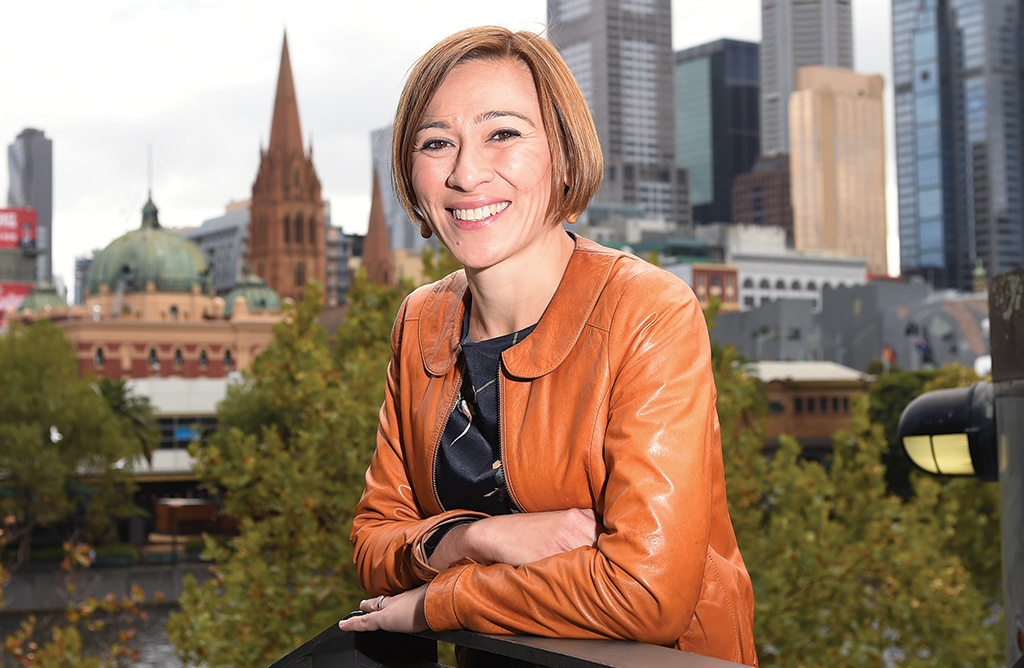General practice is an incredible source of material for a writer: we are privileged with insights into other people’s lives and worlds that we would never encounter otherwise. I’ve been writing regularly for about 10 years now — ever since becoming vocationally registered. Once I finished my GP exams, I suddenly had to fill the void left by my studies and I filled it with writing. Early on, my fiction was often about exploring the confronting situations I had seen in my work. A lot of these stories follow my emotional journey through junior residency through to completing my training as a GP. One of my stories is based on my experiences of volunteering with an Australian-based NGO in Cambodia. Of course, I went there idealistically wanting to help people in poverty. But once I got there, I realised how arrogant it was that I, a junior doctor with virtually no understanding of tropical medicine, could have something to teach the local Khmer doctors. It was difficult to write, but it was really important to explore that epiphany about my motivation. More lately, I have started writing stories from the point of view of my patients as well. It’s a cliché but every patient is a person. They come and tell me stories about themselves — not just their specific symptoms. As a GP, it is so important to know the context of what they’re experiencing at any one time. That’s where my interest in narrative medicine comes in. It’s about listening to the patient talk about their illness in their own words rather than interrupting every minute with closed-ended questions. While I don’t write about specific patients, a lot of my characters and their situations will be recognisable to other GPs. I have a story where a young GP tries and fails to help a patient who is homeless and struggling with alcohol. It shows how we go into medicine with good intentions, wanting to help people and make them better by fixing them. But once we start practising, we realise situations can be more complex and we can’t just change entrenched patterns of behaviour in a consultation or two. It requires patience, and sometimes our interventions don’t work at all, but that is the beauty of general practice.
In February, Dr Cheng’s collection of short stories Australia Day received the Victorian Premier’s Literary Award for Fiction.
Dr Melanie Cheng
Melbourne, VIC
Geir O’Rourke/Josie Hayden

